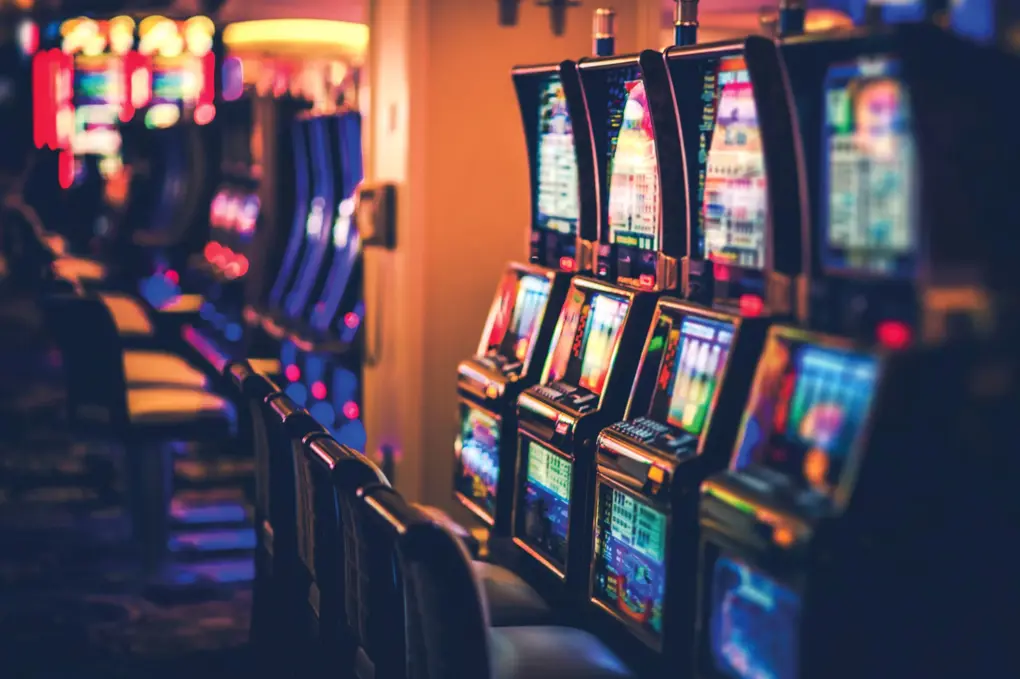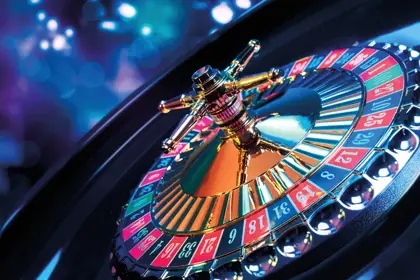Casanovas, Kings, and Casinos
“They gambled in the Garden of Eden, and they will again if there’s another one,” said Richard Albert Canfield a century ago. It turns out the resort-casino developer and so-called Prince of Gamblers wasn’t exaggerating that much.
Games of chance have been played for at least 4,000 years, since the days of the ancient Chinese, Greek, Roman, and other civilizations. The Great Pyramid of Cheops even includes a tablet telling how Thoth, the god of night, gambled with the moon to win an extra five days for the Egyptian calendar of 360 days. The six-sided dice was known in Mesopotamia, while a Chinese emperor’s harem is held responsible for the invention of playing cards, during the Middle Ages.
However, permanent gambling venues date back only to 17th century Venice, with the opening of Il Ridotto, recognized as the world’s first state-sanctioned casino. (The word casino, meaning small villa or country house, is also Italian.) Il Ridotto was frequented by Giacomo Casanova, the infamous Venetian lover, as a venue for his flirting, gambling, and occasional duels, when he thought he’d been cheated. “I loved to spend,” he wrote. “And my heart bled when I could not do it with money won at cards.”
Counting cards
Then, as now, gamblers searched for a “system” to beat the house and recruited the help of leading mathematicians such as Galileo Galilei, Blaise Pascal, and Pierre de Fermat, the inventor of calculus. Demand grew at all levels of society for opportunities to test the odds and gambling became widely fashionable. Henry VIII enjoyed three-card brag, a forerunner of poker, while in France, Emperor Napoleon popularized vingt-et-un, or what we know as blackjack. By the late 18th century Monte Carlo had established its reputation as a main center of Europe’s casino gambling.
Casinos spread globally
Casino games gained notoriety when they migrated from Europe to the saloons and gambling halls of America. The Wild West lived up to its name with professional gamblers who risked lynching if they were caught cheating, while shootouts over card games were not uncommon. Various anti-gaming laws were introduced during the 19th century until 1931, when gambling was legalized in Nevada. As a result, Las Vegas flourished as a colorful gambling playground and opened the way for casinos in other American states.
Today, casinos are legal in many countries, from Spain and the Philippines to Australia and even China. Although gambling was outlawed after the 1948 communist revolution, Beijing made an exception in 1997, when it took over the former Portuguese colony of Macau. Designated the gambling capital of the world, its casino revenues have overtaken the Las Vegas Strip since 2007.
Join the fun
Often called the Las Vegas of the Caribbean, Aruba has its own special place in the world of gambling. The island is the home of Caribbean stud poker and hosts a range of international poker tournaments. World-standard casinos add tropical spice to the island’s nightlife and offer visitors a friendly, laid-back atmosphere after a day of sea and sun. Whether it’s the glitz of the slots, the roll of the dice, or the spin of the roulette wheel, both veteran gamblers and casual players are assured of an exciting time.
Casanovas, Kings and Casinos written by Richard Andrews

